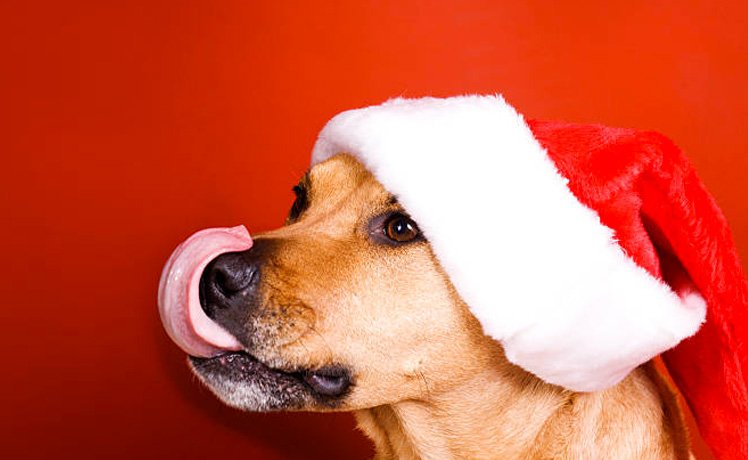
Holiday Safety Tips for Your Pets
While there are dangers lurking for pets during the holiday season, some are greater than others, and some dangers have actually been exaggerated. So here’s the scoop on some holiday threats to your pets.
Toxic Treats & Foods
The foods listed below can be toxic or life threatening to your pets. They can cause everything from vomiting, seizures and kidney failure to death.
- Chocolate: While the level of danger depends on the age and size of your pet and the amount ingested, it’s best to keep all chocolate away from your animals, but especially dark chocolate, which is 10 times more toxic than milk chocolate.
- Sugarless gum and candy: Particularly threatening to dogs, Xylitol is a popular sugar substitute that’s truly deadly to your pet… and it only takes a little!
- Fatty foods and meat scraps: These can cause stomach upset, diarrhea and pancreatitis, not to mention eventual heart disease.
- Onions, garlic, chives and leeks: Poisonous to dogs and cats but cats and Japanese dogs are most sensitive.
- Yeast bread dough: This can expand in your animal’s intestines to cause twisted stomach and bloat and can also ferment inside your pet to cause alcohol poisoning.
- Nutmeg: Used in many holiday cookie and dessert recipes, this yummy smelling spice is toxic to dogs if consumed in quantity. It’s also used in candles and aromatherapy oils that can be toxic to cats, too.
- Grapes, raisins, currants and nuts: These are highly toxic to dogs and found in cookies, fruitcakes and other holiday sweets.
- Fruitcake: A serious no-no for dogs (see previous item).
- Alcohol: Alcoholic beverages are obvious threats but alcohol can be a hidden ingredient in many holiday desserts, too (Yup, there’s that nasty fruitcake again!).
- Bones: These can splinter in your dog’s throat or digestive tract or get caught in the throat or mouth and cause choking and suffocation.
It’s important to keep your pets on their regular diets, and discourage guests from feeding them table scraps or human food “treats.” Also, don’t leave chocolates, nuts or other goodies wrapped up under the tree and think they’re safe. Flimsy wrappings won’t deter your Fido or Figaro who’ll be able to sniff out– and literally uncover–the food.
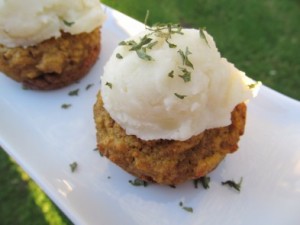 Holiday Recipes for Your Pets
Holiday Recipes for Your Pets
If you do wish to give your pet a holiday goodie, check out these doggy desserts including Turkey Pup-Cakes.
For a fun kitty treat, here’s a recipe for Chewy Cat Treats that makes about 50 small ones. Scroll to the bottom of that page to get to the recipe.
Dangerous Decorations & Decor
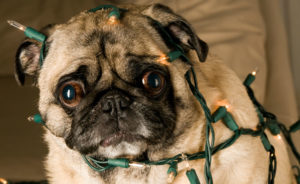 Tinsel and Ribbon: Avoid tinsel. It’s downright tantalizing to cats, and if eaten by either a cat or a dog it can twist or bunch up in their intestines and prove fatal. The same can be true for ribbons, strings and bows so be cautious when wrapping and unwrapping your gifts.
Tinsel and Ribbon: Avoid tinsel. It’s downright tantalizing to cats, and if eaten by either a cat or a dog it can twist or bunch up in their intestines and prove fatal. The same can be true for ribbons, strings and bows so be cautious when wrapping and unwrapping your gifts.- Glass and Breakable Ornaments: Overlooked pieces of broken glass and ceramic ornaments can lacerate your pet’s paws. If these ornaments are bitten or swallowed by your pet, they can cause severe internal injury. So keep these out of reach. Do the same with small ornaments and decorations that can be choking hazards.
- Holiday Lights: Who doesn’t remember the scene from the movie, “Christmas Vacation” when the cat bites into the Christmas lights? Funny on film maybe, but no laughing matter in real life. If you’ve a “chewer” in your home, use a three-pronged cord for safety and monitor the cord daily for fraying and bite marks.
- Liquid Potpourris and Aromatherapy Oils: If ingested by cats, these can cause severe burns, fever, tremors and more. Dogs are less sensitive than cats but they, too, can be harmed.
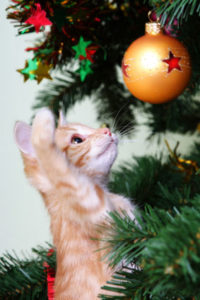 Treacherous Trees & Plants
Treacherous Trees & Plants
- Real & Artificial Christmas Trees: While the real trees at Christmas are considered to be mildly toxic, fir tree oils can make your pets sick if ingested, as can tree needles from both real and artificial trees. In addition, there are toxins used in the creation of artificial trees and preservatives, pesticides, fertilizers and other toxic agents may be used to keep a real tree fresh. These can then leak into your tree water. That’s why, if you do use a real tree, you should use a covered water dish to prevent your pets from drinking.
- Lilies Are Extremely Dangerous to Cats! If your cat ingests only a few petals or leaves from a Tiger, Stargazer, Red, Western, Day, Asiatic Hybrid, Easter, Japanese Show, Rubrum or Wood Lily, they can become extremely ill and experience acute kidney failure. Even the pollen or vase water from lilies can be deadly to your pet.
- Christmas Cactus & Christmas/English Holly: While not as toxic as lilies, ingestion of a Christmas cactus by dogs and cats can cause vomiting and diarrhea. Likewise, leaves of the Christmas or English Holly can result in significant damage to your pet’s intestines. The holly’s berries have mildly toxic properties, but are fairly tolerable in most pets. While death is not likely, it’s best to keep your pets away from these holiday plants.
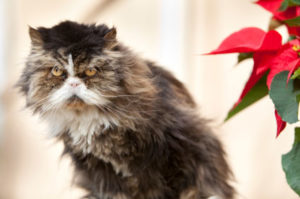 Bad Raps, Rumors & Exaggerations
Bad Raps, Rumors & Exaggerations
- Poinsettias: Widely spread stories about Poinsettias being deadly to your pets have exaggerated the threat. Only the sticky white sap of Poinsettias is the real problem, and it can cause mouth, skin or stomach irritation.
- American Mistletoe: Unlike European Mistletoe, which can be very toxic to pets, the American variety’s leaves or berries do not cause serious poisoning. Your pet may experience stomach upset and other symptoms if they do decide to ingest some of the plant, however.
- The Amaryllis: While a kissing cousin to a lily, this lovely flower is less dangerous and considered mild to moderately toxic. If eaten by your pet, it may cause abdominal discomfort and vomiting but it’s normally not life threatening.
- Chocolate: Listed above in the dangerous category, chocolate—especially dark chocolate—contains caffeine, cocoa and other ingredients that make it toxic to your pet. However, one small bite shouldn’t be lethal to most pets. The level of danger depends on the size, age and health of your pet, the amount consumed, and the strength or “darkness” of the chocolate.
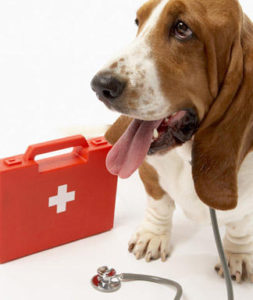 If You Think Your Pet Has Ingested Poison or Is in Distress:
If You Think Your Pet Has Ingested Poison or Is in Distress:
- Call us immediately at 402-884-3383 or bring your pet to us. (directions)
- If after hours or holidays, call or go to the VCA Midwest Veterinary Referral & Emergency Center at 402-614-9000 located at 9706 Mockingbird Dr. (www.vcaspecialtyvets.com/midwest) …or call the 24/7 Pet Poison Helpline at 855-764-7661, a $49 fee per incident applies.
- Remove your pet from the area and if possible, get a sample of the poison to bring to us.
- Do NOT give any home antidotes such as milk, food, salt, oil, or other.
- Do NOT induce vomiting without consulting us first!
Don’t hesitate to call. The sooner your pet is diagnosed, the better the outcome.
Additional Sources:
